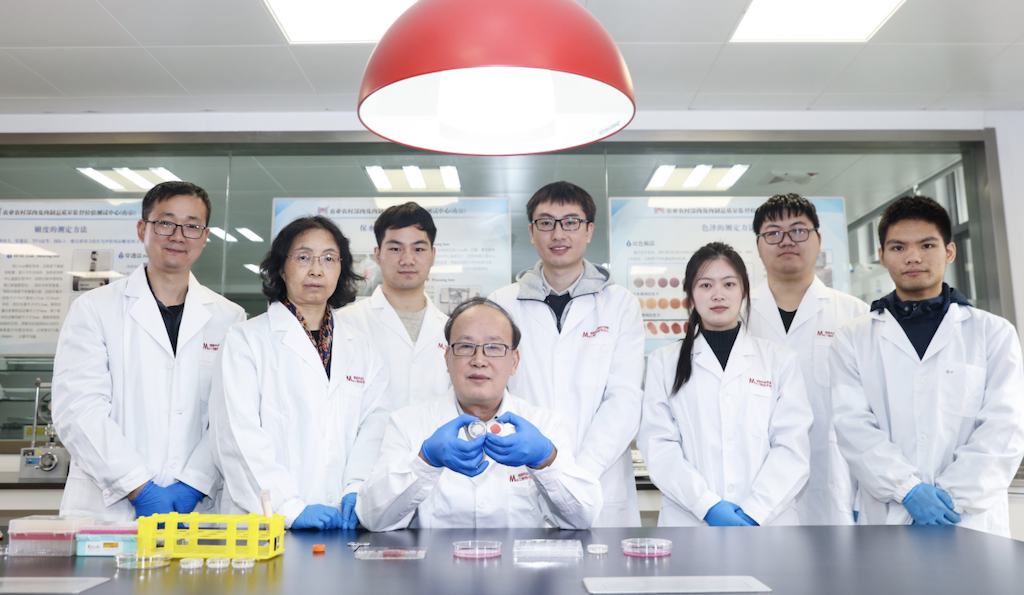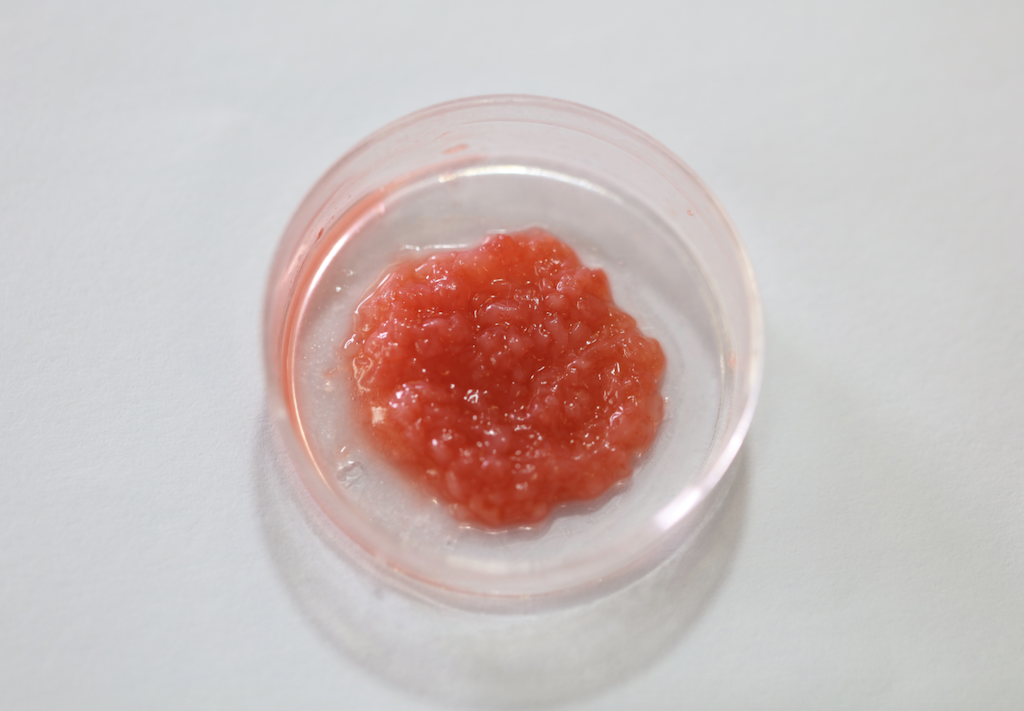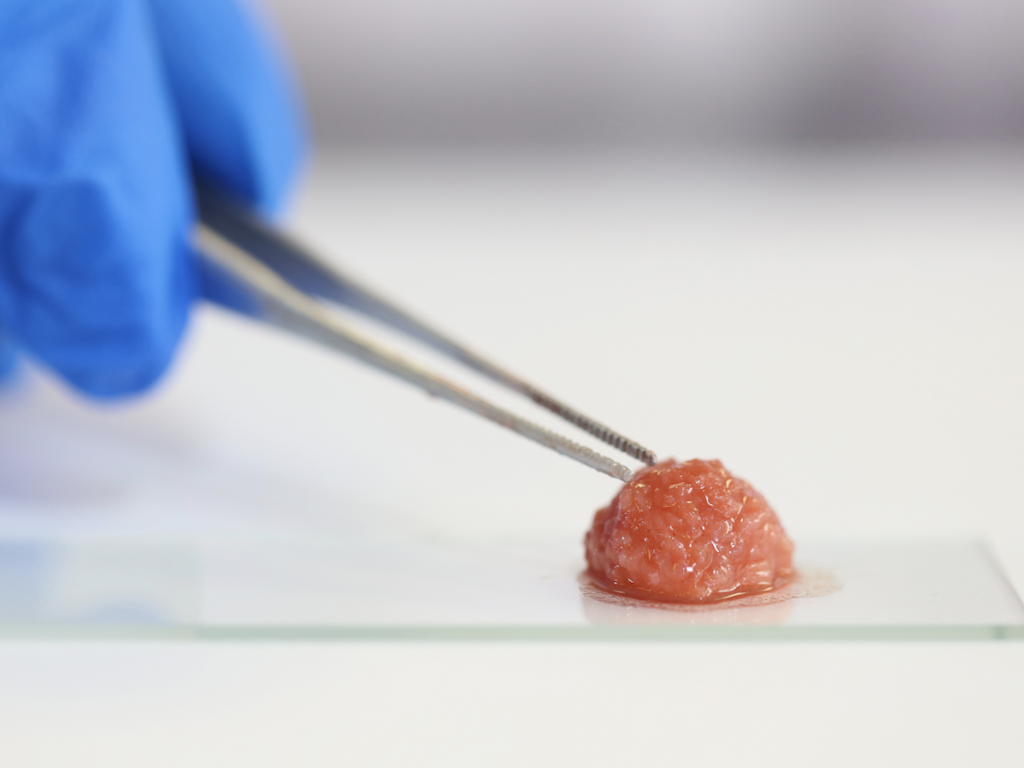Chinese Cell-Based Meat Startup Raises US$3M Angel Round To Scale Cultured Minced Pork
3 Mins Read
Mainland Chinese cultivated meat startup Joes Future Food has raised 20 million RMB (US$3 million) in an angel investment round. The food tech, recently rebranded from Nanjing Zhouzi, will be using the funding to ramp up R&D and overcome technical challenges in order to improve its current product – cultivated minced pork.
Raising US$3 million from Matrix Partners China in their latest angel funding round, Joes Future Food will be scaling up its R&D and production capacity to develop its cultivated pork product, which first debuted in November last year. Led by Professor Zhou Guanghong, the prototype developed by the research team at Nanjing Agricultural University (NAU) represents mainland China’s first ever cell-based pork product.
Specifically, the startup will be using the investment to overcome some of the technical hurdles that many food techs face in the cultivated protein sector, including isolating stem cells, creating serum-free cell culture medium and cultivating cells on a large scale. The team plans to further refine the colour and flavour of its cultured pork mince, with the aim of producing a final protein product that can be customised in terms of its nutritional value to suit the individual preferences of consumers.

In the next 5 to 10 years, cultivated meat will get out of the lab and eventually onto the Chinese consumer’s frying pan.
Dr. Shijie Ding, NAU
Speaking at a fermentation and cultivated meat seminar hosted by GFI Consultancy (GFIC) in Shanghai last year, Dr. Shijie Ding, who also led the research centre that has spun-off into Joes Future Food said he believes that the commercialisation of cell-based meats in China will be not too far into the future.
“In the next 5 to 10 years, cultivated meat will get out of the lab and eventually onto the Chinese consumer’s frying pan,” commented Dr. Ding.
Especially given the milestone of the world’s first commercial sale of cultured meat in Singapore reached before the end of 2020, most industry experts have set their sights on more landmark approvals to come in the months ahead.
Within the Chinese market, research indicates that it is likely that food safety and nutrition will be the key concerns that motivate consumers to choose cultivated meat – particularly in light of the coronavirus crisis related supply chain disruptions and the African swine fever outbreak that hit China’s pork stocks the hardest just months before the pandemic struck.

What really works here is framing cultured meat as a product that will positively bring nutritional benefits, food safety and security.
Chloe Dempsey, Director, Cellular Agriculture Australia
In an earlier consumer study led by Chloe Dempsey, current director at Cellular Agriculture Australia and graduate of Yenching Academy of Peking University, found that 40% of Chinese respondents already know about cultured meat and a whopping 70% are willing to try it.
Of the main reasons consumers cited, ethical and environmental concerns were lower on their priorities, while other benefits such as food safety and framing it as a high-tech innovation led to greater consumer appeal.
Presenting her findings at the Future Food Asia 2020 conference held late last year, Dempsey explained: “What really works here is framing cultured meat as a product that will positively bring nutritional benefits, food safety and security. Many companies in the West often talk about cultured meat as the ethical or sustainable choice to appeal to consumers, but this is not the most relevant in this market, which needs to be taken into context.”
All images courtesy of NAU / Xinhua News.




